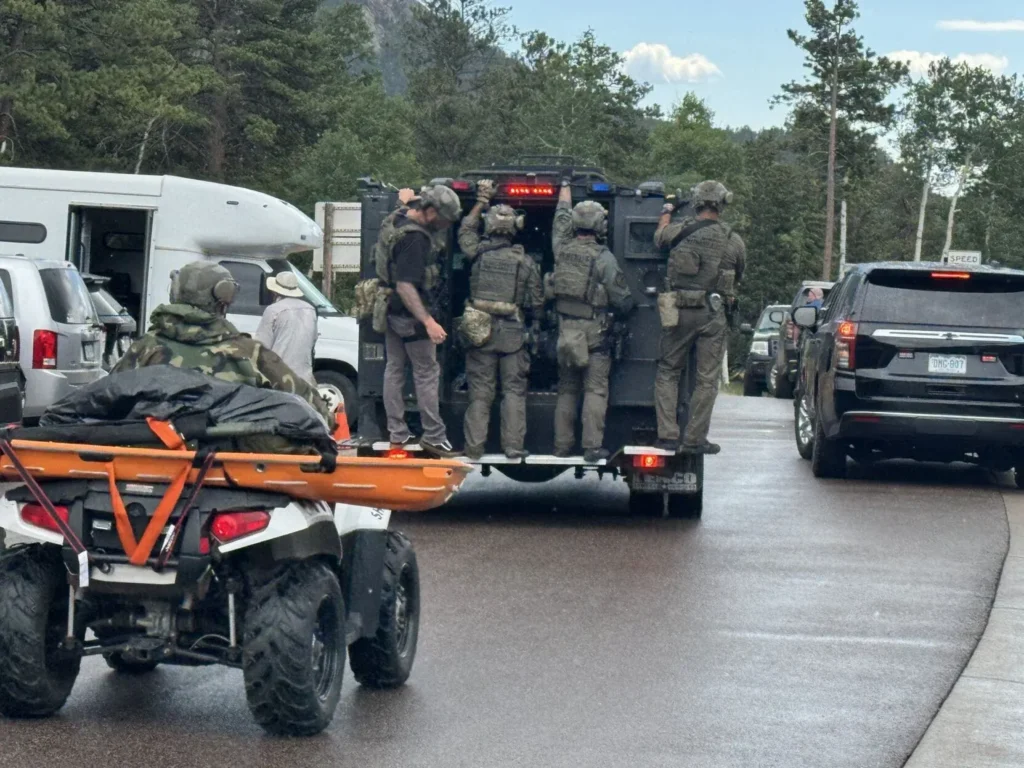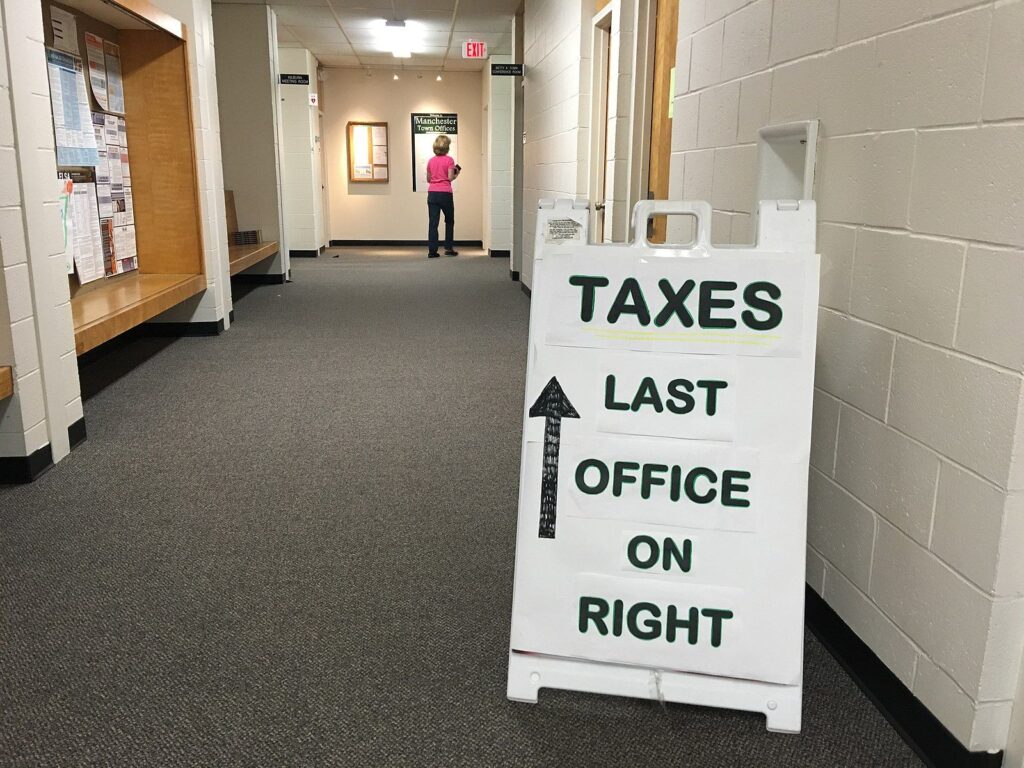Colorado spends $15M on preschool, marijuana sales, crime down in Denver | WHAT YOU NEED TO KNOW

Today is July 6, 2023 and here’s what you need to know:
The Colorado Department of Early Childhood has allocated $15.3 million in grants to help more than 1,000 preschools prepare an influx of students this fall, when the state’s universal preschool program launches, the department said on Wednesday.
Funded from a pool of federal money under the American Rescue Plan Act, the one-time grants are intended to pay for education materials, technology, furniture and site infrastructure to boost the schools’ capacity, the department said in a release.
“We are preparing to welcome the first class of universal preschool this fall, and these exciting grants help to ensure preschool providers have the resources they need,” said Gov. Jared Polis, who requested the funding in this year’s state budget, in a statement.
The grants, he added, will “help give Colorado kids the strong start they need to thrive in school and beyond.”
All providers participating in the state’s Universal Preschool Colorado program are eligible to receive the grants, the department noted. With 1,141 providers receiving funds in first round, that means about 57% of the preschools currently participating have qualified for the funding.
The 2023 annual report from the Denver Department of Excise and Licenses showed marijuana sales decreasing in 2022 and criminal offenses related to marijuana remaining a small portion of the city’s overall crime.
On Jan. 1, 2014, Denver became the first U.S. city allowing regulated retail marijuana sales.
In years since, Denver has developed ordinances to regulate, license and tax medical and retail marijuana, making the city “the gold standard for cannabis regulation and a worldwide leader,” according to a letter from Mayor Michael B. Hancock included in the report.
According to the annual report, crime related to marijuana decreased in the past year and makes up a small percentage of overall crime in Denver.
Sales in marijuana, both medical and retail, have also decreased.
The city of Colorado Springs is going to put more energy into community partnerships through a new dynamic team of two.
The new Mayor’s Office of Community Affairs will focus on engagement with community leaders, neighborhoods, interest groups, and community organizations, according to a Wednesday news release.
Colorado Springs Mayor Yemi Mobolade said the new office will serve as a bridge between his office and the community.
“By working together, we can create an inclusive, culturally rich, economically prosperous, safe, and vibrant world-class American city,” he said in an emailed statement.
The office will bring together the city’s former diversity and community outreach programs manager, and a former pastor and nonprofit founder.
Shortly after the Colorado Supreme Court agreed to address whether state law allows certain injured motorists to receive both workers’ compensation benefits and payments from their employer’s auto insurer, the federal appeals court based in Denver chose to answer the question without waiting for the Supreme Court’s interpretation.
By 2-1, a three-judge panel of the U.S. Court of Appeals for the 10th Circuit ruled that an insurance company could not bar a man who was injured by a hit-and-run driver from seeking compensation under his employer’s auto insurance policy, even though he also obtained workers’ comp.
Whether motorists who are injured on the job can claim workers’ comp and auto insurance payouts – or if they can only avail themselves of one source of payment – is an issue that has divided federal judges in Colorado who handle lawsuits against insurance companies. Earlier this year, one judge asked the state Supreme Court to offer its interpretation of what the law requires, and the court has agreed to intervene.
Drinking water from nearly half of U.S. faucets likely contains “forever chemicals” that may cause cancer and other health problems, according to a government study released Wednesday.
The synthetic compounds known collectively as PFAS are contaminating drinking water to varying extents in large cities and small towns – and in private wells and public systems, the U.S. Geological Survey said.
Researchers described the study as the first nationwide effort to test for PFAS in tap water from private sources in addition to regulated ones. It builds on previous scientific findings that the chemicals are widespread, showing up in consumer products as diverse as nonstick pans, food packaging and water-resistant clothing and making their way into water supplies.
Because the USGS is a scientific research agency, the report makes no policy recommendations. But the information “can be used to evaluate risk of exposure and inform decisions about whether or not you want to treat your drinking water, get it tested or get more information from your state” about the situation locally, said lead author Kelly Smalling, a research hydrologist.
The U.S. Environmental Protection Agency in March proposed the first federal drinking water limits on six forms of PFAS, or per- and polyfluorinated substances, which remain in the human body for years and don’t degrade in the environment. A final decision is expected later this year or in 2024.













